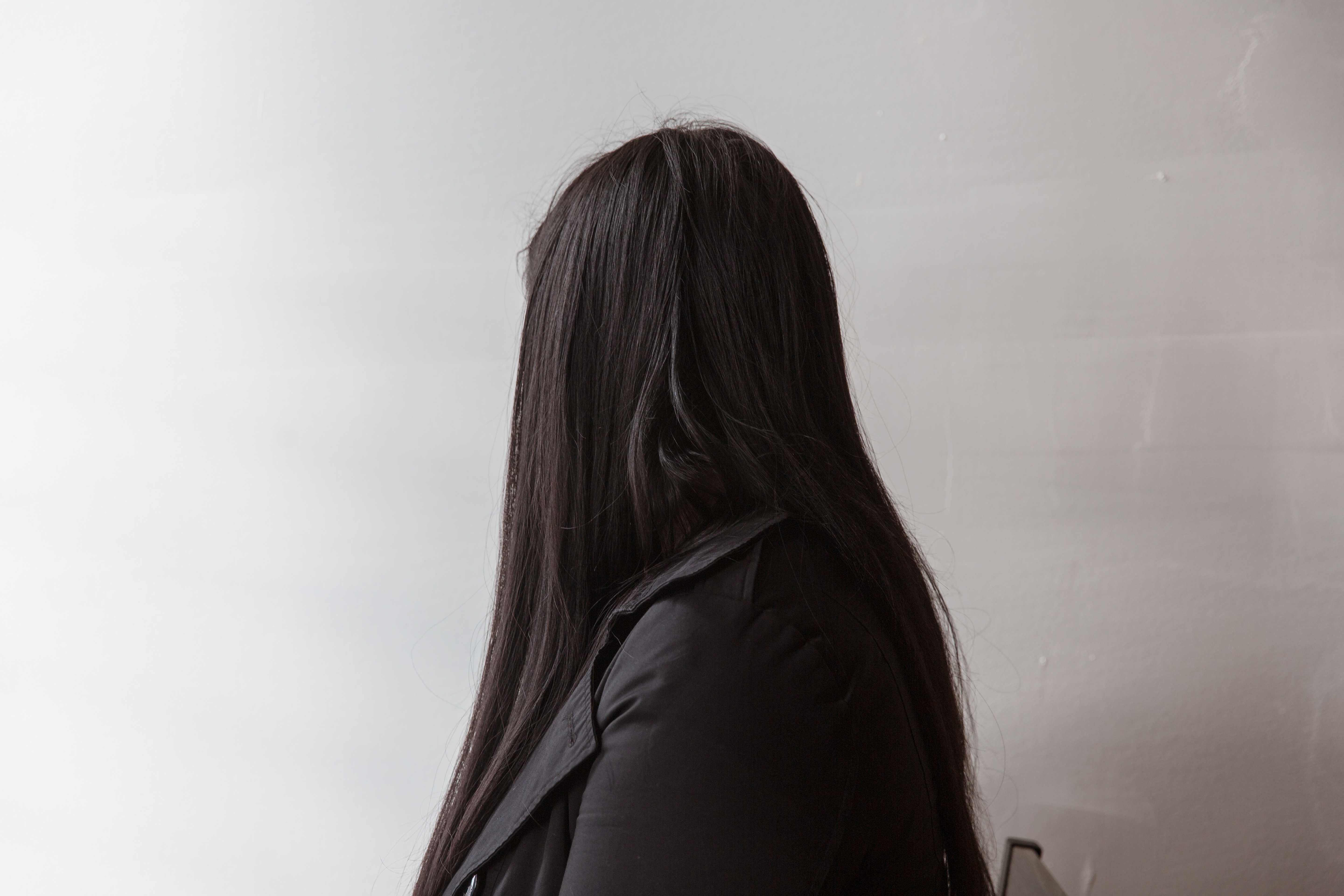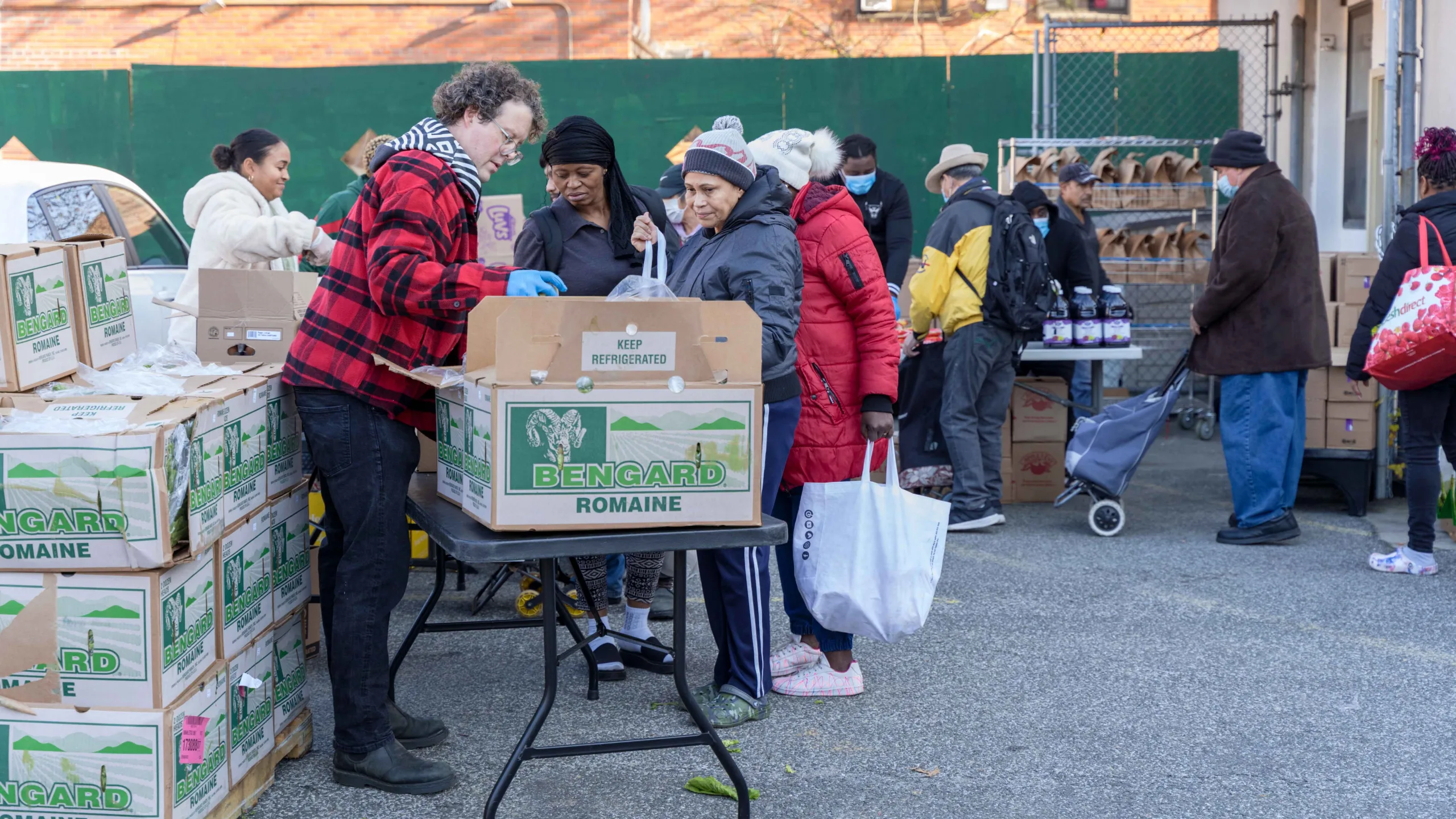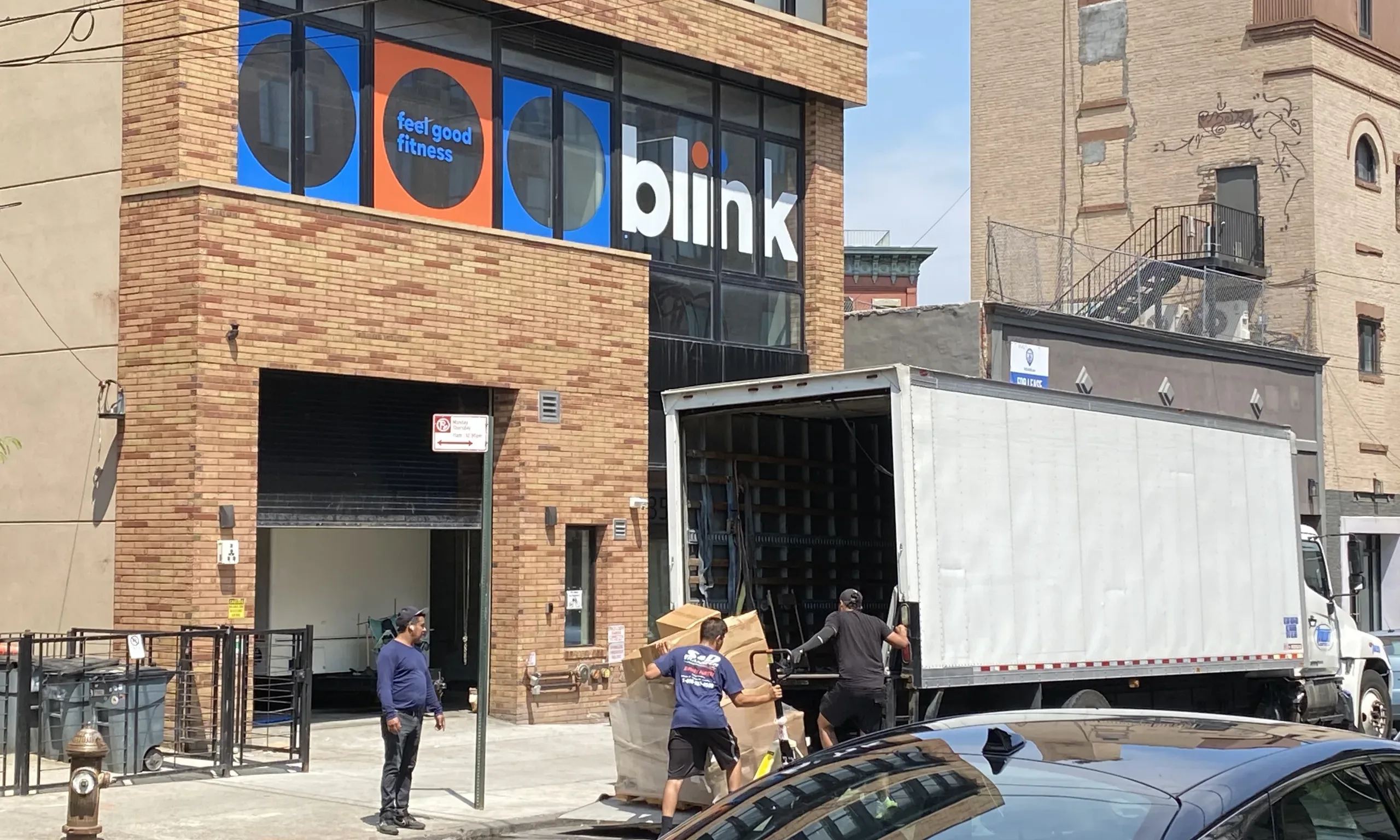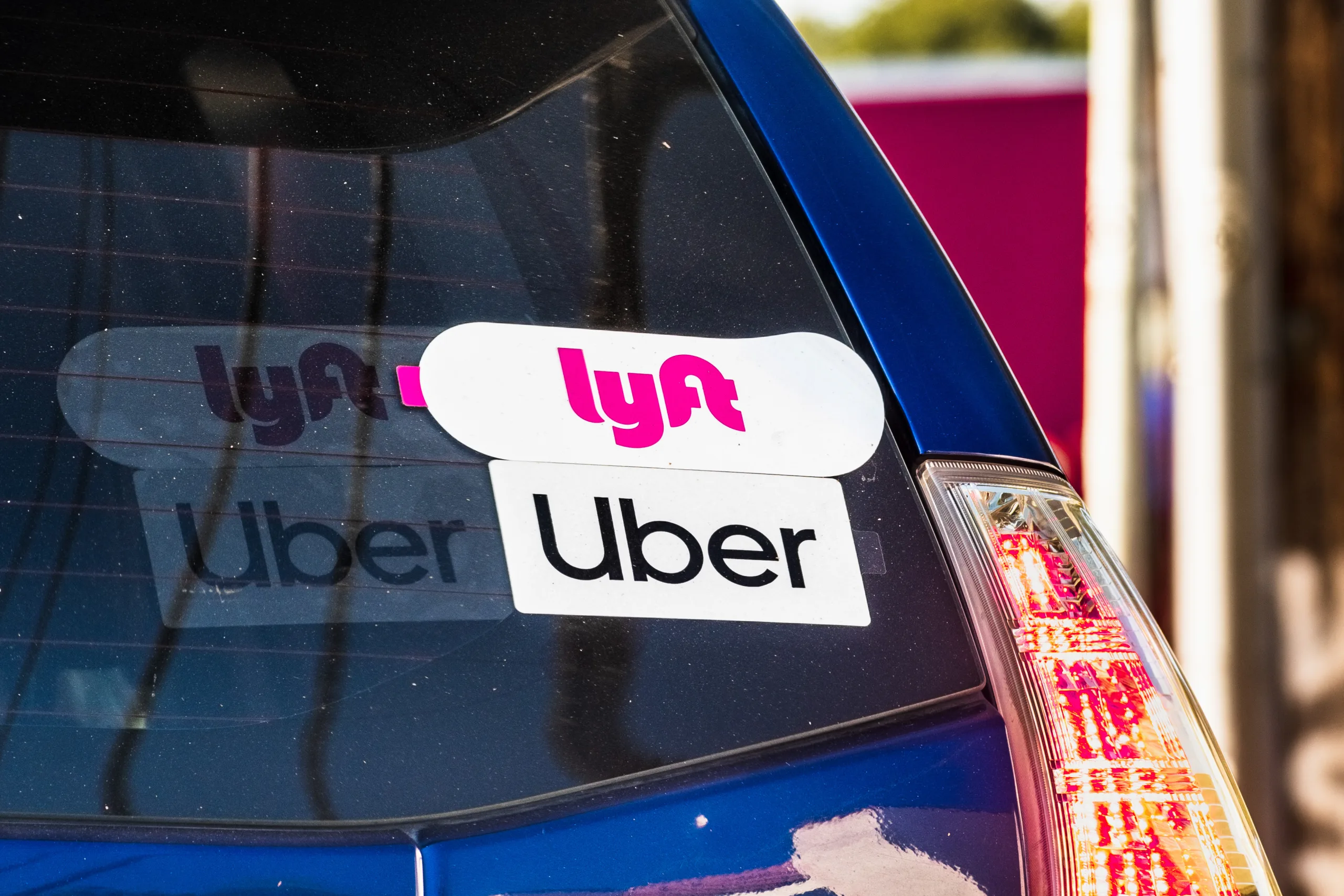This article is co-published with Jezebel, a national news publication covering gender, politics, and culture.
Jessica, a 23-year-old transgender woman living in Queens, stopped going to the LGBTQ-friendly bars on Roosevelt Avenue after July 8, when police arrested her near the True Colors bar and charged her with “loitering for the purpose of engaging in a prostitution act,” a misdemeanor. Her criminal complaint states that she was wearing “a mini skirt and a blouse which showed cleavage,” and that she admitted to engaging in prostitution, which she denies.
“I wasn’t doing anything wrong,” she recalled recently at her lawyer’s office in Downtown Brooklyn. “I just wanted to enjoy my night, have a great time.”
Arrests like Jessica’s are on the rise for the first time since 2012, according to citywide arrest data obtained by Documented. Loitering arrests increased more than 180 percent between January and October over the same period last year, even as arrests for other prostitution-related charges declined.
More than half of the 2018 loitering arrests occurred in Queens, where attorneys say they’re concentrated in the immigrant-heavy neighborhoods of Jackson Heights, Elmhurst and Jamaica. Nearly a quarter took place in the Bronx and Brooklyn, respectively. There were none in Manhattan or Staten Island.
This increase in loitering arrests follows a class action lawsuit backed by the Legal Aid Society of New York that challenges the constitutionality of New York’s law on loitering for the purposes of prostitution. According to the suit, filed by eight plaintiffs, the law is unfairly enforced against people based on their appearance and particularly targets trans women and women of color. Other recent loitering complaints noted that defendants were wearing “black cowboy boots” and “light blue short [sic], a red tank top and tan sandals.”
“[There are] assumptions about what trans people do,” said Kate Mogulescu, director of the Criminal Defense and Advocacy Clinic at Brooklyn Law School, which took on Jessica’s case this summer. “About how women should look, about how women should behave, about an area of the city.”
Immigrants vulnerable to loitering charges
This year’s uptick in arrests is particularly troubling, advocates say, because many defendants are undocumented immigrants like Jessica (a pseudonym to protect her identity), who moved to the United States from Central America with her mother when she was a one-year-old.
The arrests also are at odds with a 2017 New York Police Department initiative to curb prostitution arrests in order to build trust with vulnerable immigrants, including potential victims of human trafficking and domestic abuse.
The percentage of loitering arrestees who are undocumented, or trans, is impossible to know. Out of nine clients the Brooklyn Law School clinic has picked up this fall, five are undocumented transgender women. “An unjustified arrest can end in the deportation of trans women who have fled their countries due to violence,” said Bianey Garcia, an organizer with the Trans Immigrant Project at Make the Road New York, who lives and works in Jackson Heights.
Since 2014, the New York Police Department has refused to hold non-citizens in custody for Immigration and Customs Enforcement, with some exceptions. The city says this lack of overt cooperation makes New York a Sanctuary City. However, arrests still channel New Yorkers into a database that ICE can access.
In Jessica’s case, her lawyers argued successfully for the loitering charge to be dismissed and sealed: a protection against deportation. But even a sealed case complicates her chances of getting asylum or a green card. When applying for immigration relief, “we have to report all arrests, and we have to explain all arrests,”says Carmen Maria Rey, an immigration attorney with the Brooklyn Law School clinic. In Jessica’s case, “one of the things we’d have to provide would be the police reports.”
Under Section 212 of the Immigration and Nationality Act, a person is ineligible for documented status if they have “engaged in prostitution within ten years of the date of application.” Though Jessica can still apply for asylum or a visa, the system is more sympathetic towards victims of human trafficking. “It would be different if [Jessica] herself identified as a victim of human trafficking, which she doesn’t,” Mogulescu said.
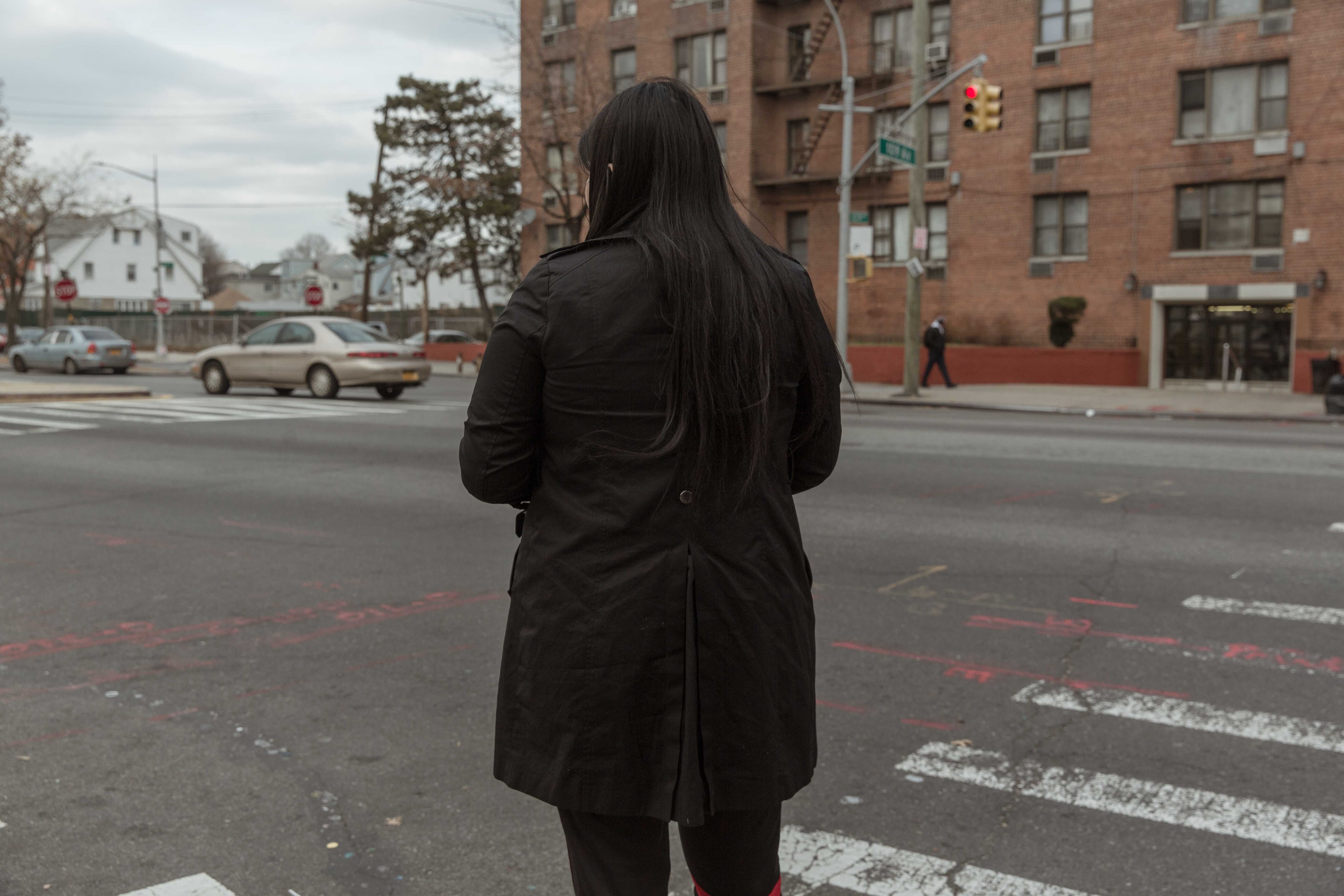
A web of contributing factors
Attorneys and advocates say multiple factors may have contributed to the recent spike in loitering arrests, including community complaints about street prostitution, and arrests as a pretense for questioning about community-level crime.
According to Jessica, on the night of her arrest police asked her to share information about drug deals in the precinct, and other women with open warrants. “I don’t want to say nothing because I’m scared,” she recalled. “They want me to work with them.” Mogulescu told Documented that she has heard similar accounts from several trans clients, and that “these loitering arrests are a pretense for other information.” The NYPD did not immediately comment on the allegation.
The increase in arrests may also be the result of more sex workers on the street. Since the federal government’s seizure last spring of Backpage.com, a main online hub for sex workers to find clients, sex worker advocacy groups have seen a surge in street traffic, says Kate D’Adamo, a sex worker advocate and healthcare consultant for nonprofits. “A lot of girls, they can’t work online anymore and that was an easy way to work,” Jessica told Documented. “Now they have to go outside.”
Complaints about prostitution strictly enforced
Asked about the increase in loitering arrests, NYPD Lieutenant John Grimpel stated that, “precinct Commanding Officers take community quality of life complaints seriously, and those complaints, including those of street prostitution, are strictly enforced by precinct personnel.”
Last fall, Manhattan Senator Brad Hoylman and Assemblywoman Amy Paulin, whose district includes New Rochelle and White Plains, introduced legislation that would strike the loitering statute from the criminal code. Freshman Brooklyn Senator Julia Salazar made headlines this summer for adopting a sex worker rights platform, which includes the bill. (Bushwick’s 83rd Precinct, in Salazar’s district, is one of five precincts that accounted for nearly 70 percent of these arrests between 2012 and 2015.)
“I think that the goal should be decriminalization [of sex work]. In the meantime we have to stop this charge,” Salazar told a packed room of supporters in July.
TestPost3
Newly-elected Democratic State Senator Jessica Ramos, whose district includes Jackson Heights, told Documented that she is also supportive of Hoylman’s bill. The loitering charge is “no different than terrible policing policies, like Stop and Frisk, and only targets the most vulnerable populations in my district,” she added. Her predecessor, the late state Senator Jose Peralta, was more concerned with community complaints about prostitution. “When it comes to the police officers doing their job and eliminating the prostitution, we respect that,” he told The Cut earlier this year.
“I will say that I am optimistic and hopeful that this legislative session can usher in some change,” Mogulescu told Documented last month. “This is a simple legislative fix. It’s a problematic law, it’s abused, [and] we have a well-documented history at this point of how this law is used, and to what end.”
Meanwhile, Jessica hopes that her lawyers will be able to help her get a green card. She speaks English, Spanish, and Korean, and dreams of getting a job at a hospital, providing translation services to patients.
“My mom came here because she wanted a better life,” she explained. “I don’t want to go back there. It’s too dangerous, and too much discrimination. Most of the trans girls I know, they come here [to the United States] to stay.”
